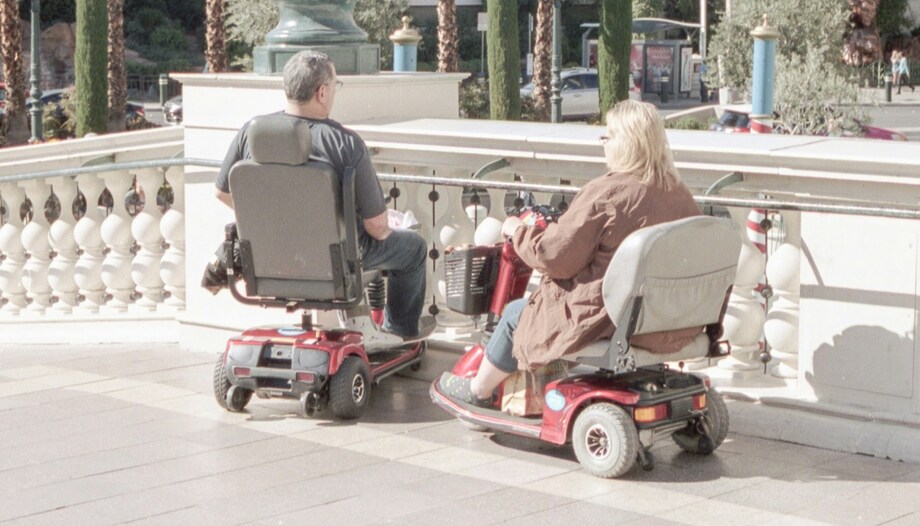The Church has taken another significant step toward greater inclusion of the faithful with disabilities. In recent days, in fact, the Dicastery for the Laity, Family and Life has published a document entitled "Unlimited joy"The report, available in several languages on its website, is the result of a consultation with more than thirty faithful with disabilities from all over the world, and was carried out in collaboration with the General Secretariat of the Synod.
It is no coincidence that the text is part of the Synod on Synodality and addresses the crucial question of how to strengthen the co-responsibility of the faithful with disability in a Church that seeks to be ever more inclusive and participatory. It was the same Assembly of Bishops last October that highlighted the need to recognize and value the apostolic capacities of persons with disabilities and their contribution to the evangelizing mission of the baptized.
"It is not, therefore, a mere theoretical exercise," say the drafters of the document, "but a profound reflection that arises from the direct experience of those who live the condition of disability in the heart of the ecclesial community on a daily basis."
Current challenges
However, "Joy without Limits" does not hide the challenges that remain. Indeed, despite the progress made in this area, there are still obstacles and prejudices that limit the full participation of people with disabilities in the life of the Church.
It is not by chance that the text emphasizes the experiences of paternalism and assistance that must necessarily be overcome. However, the tone is not one of complaint, but of constructive proposal.
Recommendations
The authors outline an articulated path that touches on various aspects of ecclesiastical life. They start from physical and communicative accessibility, through a more specific formation of clergy and pastoral agents, to a renewed theological reflection on disability. Here too, the objective is clear: to enable the faithful with disabilities to be not only recipients of pastoral care, but active protagonists in the Church's mission.
Access to ministries
Of particular interest is the proposal to rethink ecclesial ministry. The document suggests opening access to instituted ministries to persons with disabilities and enhancing their specific charisms. It imagines, for example, catechesis for the deaf by deaf catechists, or the presence of persons with disabilities in pastoral councils.
There is no lack of other suggestions, such as the creation of a specific body within the Roman Curia or the establishment of specific offices in the Episcopal Conferences. But what emerges strongly is the call for a change of mentality: from "acting for" to "acting with" persons with disabilities.
No obstacle to follow Christ
The final message of the document is disruptive even in its simplicity: the condition of disability is not an obstacle to following Christ. On the contrary, it can be a source of "joy without limits" when it is lived within a truly welcoming and inclusive ecclesial community.
It is a further step in the ongoing synodal process, therefore, but also a challenge for the whole Church to rethink concretely her way of living communion and the participation of all the baptized, regardless of their life situation. The road is certainly a long one, but here too the path is clearly marked.








